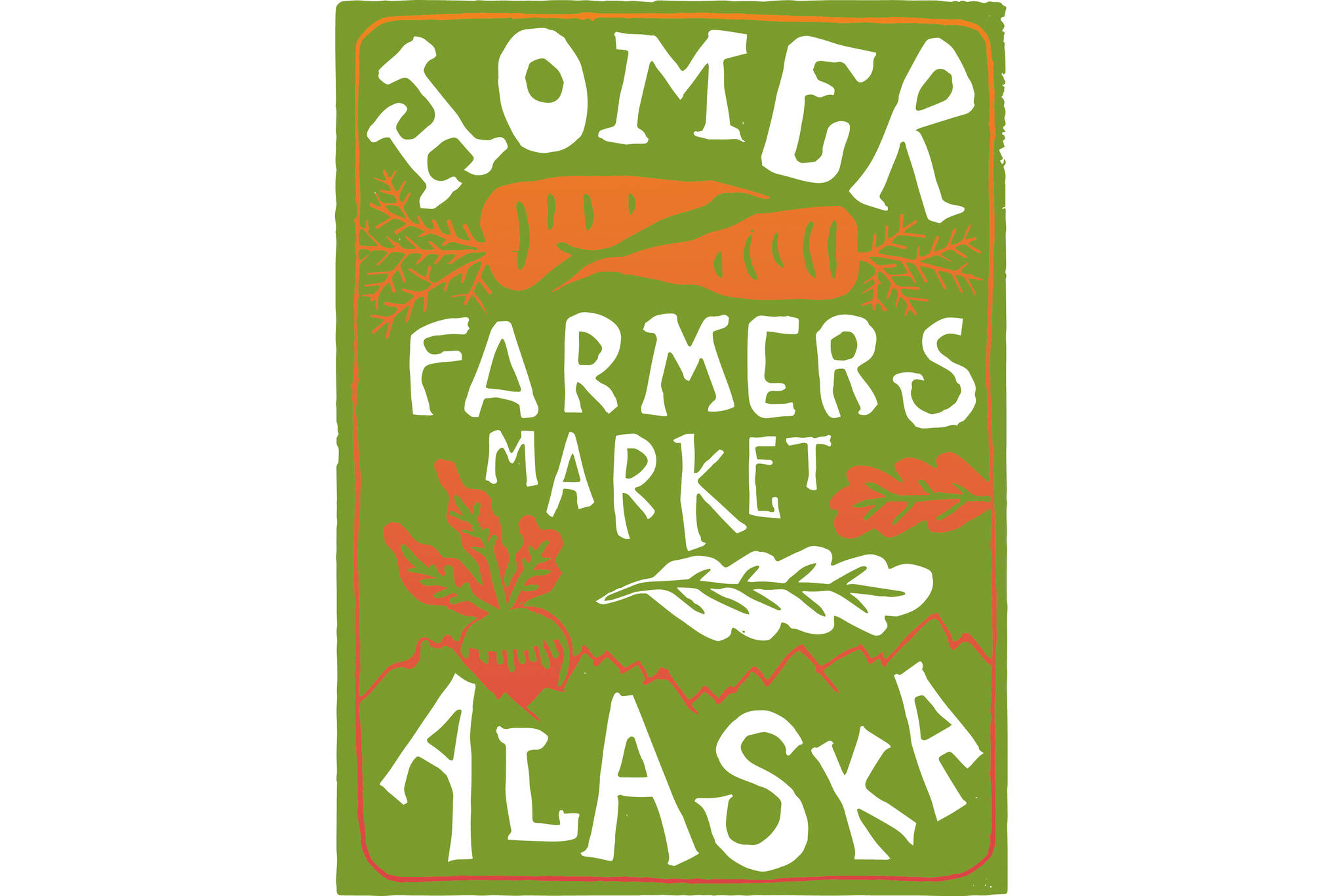A lot has changed about farming since the Homer Farmers Market opened up 20 years ago. One of the biggest differences is how farmers learn to farm. Back in the old days, a person could inherit the family farm they grew up on, inherently knowing the ins and outs of daily life on the farm. Innovations would often come along in the form of a Cooperative Extension agent visit, sharing information about a new study out of the university.
Nowadays farm life is very different. First of all, farmers usually have to buy the land they farm. Starting off with debt or large payments can often hobble a farmer. This is not just an Alaska phenomenon. As more and more people move to cities and fewer and fewer people have farms, it gets more and more difficult to start a farm.
But, luckily, there are still people with the drive to get their hands in the dirt. New farmers may not have a long family tradition of farming, but they have many ways now to tap into information, education, and experience in farming. Many of our farmers refer to it as YouTube University.
With podcasts and videos and tech savvy farmers-turned-celebrity, there are lots of prescriptions out there about the best way to raise animals and vegetables in the most efficient, economic and sustainable ways. Whether it is Jean Martin Fortier, Eliot Coleman, Curtis Stone or Joel Salatin, there is someone for everyone to turn to.
But some things will never change. New tools and innovative techniques can be demonstrated on a video, but you can’t get a diagnosis from a computer screen about your farm animal’s symptoms or the strange growth on your vegetable like you can from a Cooperative Extension agent. And it is our university system, not a YouTube farmer, that has shown our farmers the best ways to grow crops like peonies in our unique environment.
And then there is simply learning from years of straight-up personal experience.
So head on down to the Homer Farmers Market on Ocean Drive this Saturday from 10 a.m. to 3 p.m. or Wednesday from 2 to 5 p.m. and check out the results of what our local farmers have learned.
Kyra Wagner is the coordinator of Sustainable Homer and the Homer Farmers Market’s biggest fan.



